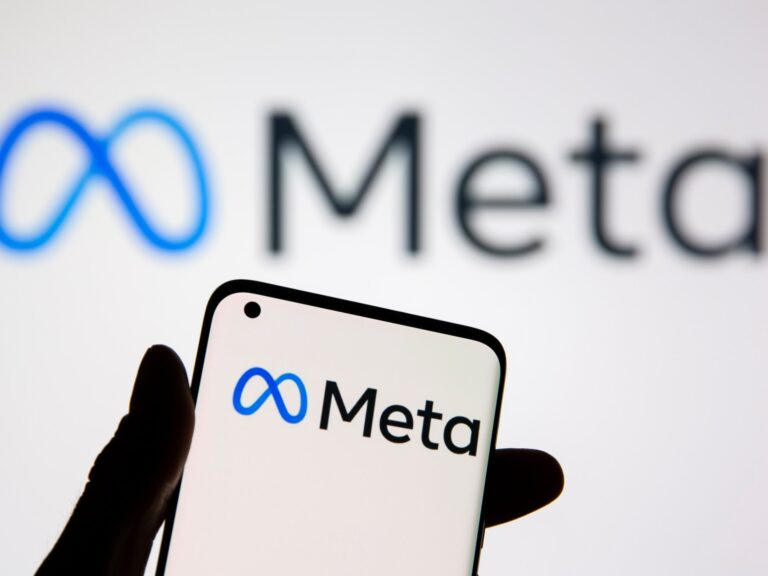Brussels has said a mandatory “pay or consent” advertising model would breach the Digital Markets Act.
The European Commission (EC) filed suit alleging that Meta violated the EU’s Digital Markets Act (DMA) through its new “pay or consent” advertising model.
The charges announced on Monday follow the tech giant’s launch of ad-free subscription services for Facebook and Instagram in Europe in November last year. The move is the latest action taken by the European Union executive against big tech companies since the DMA came into force earlier this year.
Meta offers users the choice to be targeted with ads based on their personal data or pay to avoid them. The system was introduced following an EU ruling that required Meta to get consent before showing ads to users, threatening the company’s business model of customizing ads based on individual users’ online interests and digital activity.
But the EC said this choice did not give users the option to “freely consent” to Meta combining their personal data from various sites it operates.
In addition, preliminary investigations have shown that They offer less personalization but still offer the same social networking experience.
“We want citizens to be able to control their data and choose less personalised advertising experiences,” EU antitrust chief Margrethe Vestager said in a statement.
Violations of the DMA can result in fines of up to 10 percent of a company’s annual worldwide turnover.
“Our ad-free subscriptions comply with the DMA as instructed by the European Supreme Court,” Mehta said in a statement. “We look forward to further constructive dialogue with the European Commission to bring this investigation to a close.”
The committee is expected to complete its investigation by March next year. Privacy activists and privacy watchdogs have also raised objections to Meta’s advertising model.
A series of probes
The charges against Meta are the latest in a series of EC actions targeting Big Tech, a trend that has accelerated since the DMA came into force in March.
The move against the Facebook operator comes a week after the EU watchdog filed its first DMA complaint against Apple, alleging that the company’s App Store rules violated them by prohibiting app developers from directing consumers to alternative services.
The EC launched an investigation into Meta in May over child safety on Facebook and Instagram, alleging that it may have breached online content rules on child safety on the two companies’ platforms.
Meta was also forced to add safety features to its misinformation-tracking tool CrowdTangle in preparation for its use in June’s European Parliament elections, an attempt to assuage EU concerns that sparked an investigation in April into the impact of Meta’s decision to phase out the tool.
In September 2023, the EU designated 22 so-called “gatekeeper” services run by Alphabet, Amazon, Apple, Meta, Microsoft and TikTok owner ByteDance and gave them six months to comply with the DMA regulations.
Meta and TikTok appealed their gatekeeper status in November. TikTok lost the appeal in February.
Apple said in April that it would continue to work with the EC to comply with the rules.

